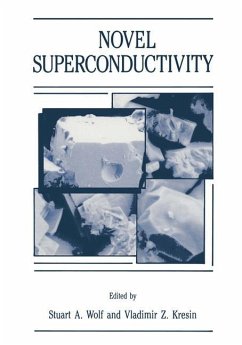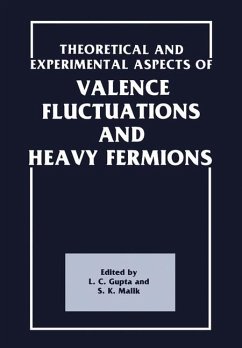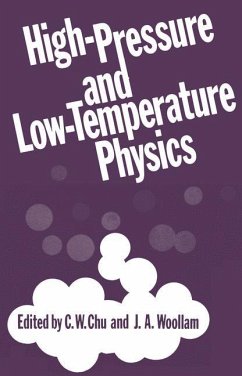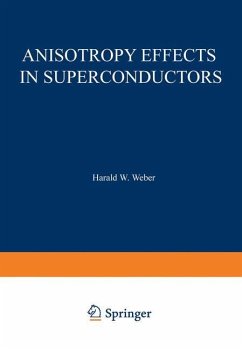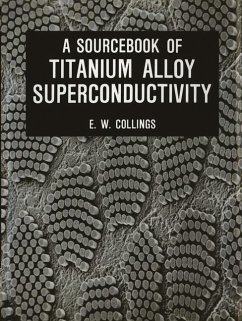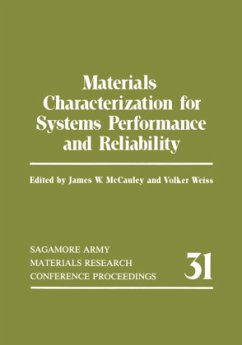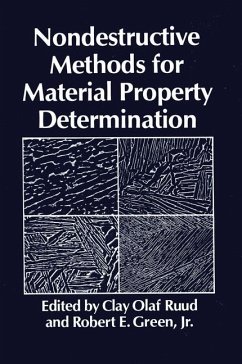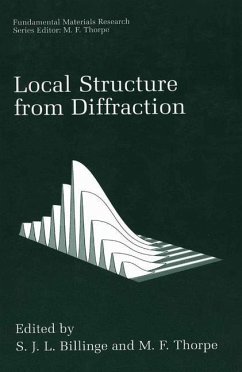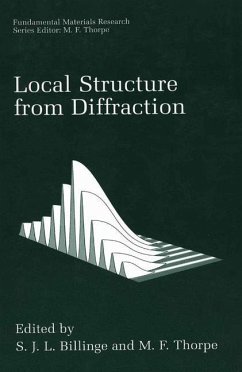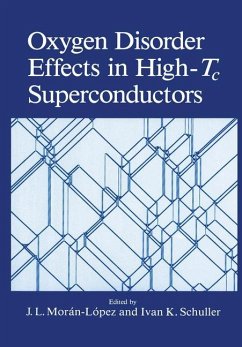
Oxygen Disorder Effects in High-Tc Superconductors

PAYBACK Punkte
19 °P sammeln!
The papers in this book represent the proceedings for the International Conference on Oxygen Disorder Effects in High~Tc Superconductors, held April 18-21, 1989 at the International Centre for Theoretical Physics, Trieste, Italy. It was recognized very early in the field of ceramic superconductors that oxygen plays a crucial role as far as the physical properties of these ma terials are concerned. The preparation requires special heating and cooling cycles which allow proper uptake of oxygen, relationships were found between the oxygen concentration and the superconducting transition temperatu...
The papers in this book represent the proceedings for the International Conference on Oxygen Disorder Effects in High~Tc Superconductors, held April 18-21, 1989 at the International Centre for Theoretical Physics, Trieste, Italy. It was recognized very early in the field of ceramic superconductors that oxygen plays a crucial role as far as the physical properties of these ma terials are concerned. The preparation requires special heating and cooling cycles which allow proper uptake of oxygen, relationships were found between the oxygen concentration and the superconducting transition temperature in many of the compounds and quite recently it was recognized that many (if not all) of the compounds present oxygen ordering in the intercalating planes. Moreover, it seems that the presence of superconductivity is strongly correlated with the presence of orthorhombic phases although several groups have also claimed the presence of superconductivity in tetragonal phases. Whether oxygen ordering plays or not a crucial role for the superconductivity remains to be seen. However it is clear that the ordering of oxygens and their thermodynamic properties is an interesting subject on its own right. All these reasons led us to organize a Conference on Oxygen Disorder Effects in High-Tc Superconductors in attempt to identify unsolved problems and to have an open discussion of the presently known facts.





